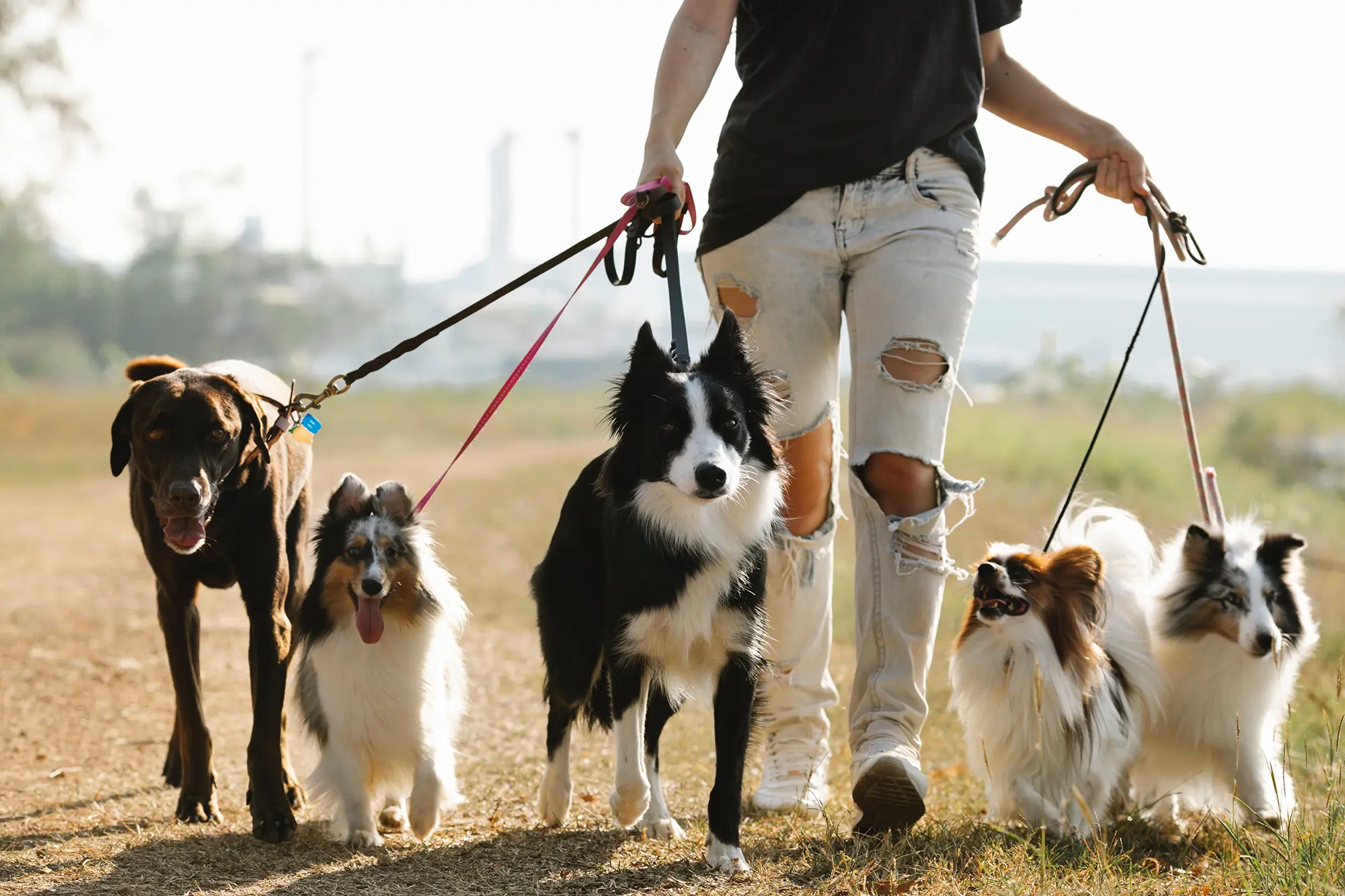should i neuter or spay my dog?
Author: PawPots Team
 11 Jun 2025
11 Jun 2025
 3 min
3 min If you’ve ever stared into your dog’s soulful eyes and wondered, “Should I spay or neuter you, buddy?” — you’re not alone. It’s a common question, and one that can feel more complicated than assembling IKEA furniture without instructions.
Let’s break it down, simply and honestly, so you can make the best choice for your four-legged friend.
First Things First: What Is Spaying or Neutering?
Spaying is the surgical removal of the ovaries and uterus in female dogs, while neutering is the removal of the testicles in male dogs. Think of it as hitting pause on the whole reproduction thing — no puppies, no heat cycles, no dog Tinder drama.
Why People Choose to Spay or Neuter
You’ve probably heard that spaying and neutering is the “responsible” thing to do. But why?
Here are a few good reasons:
Preventing Unwanted Litters
Let’s be honest — puppies are adorable… until you have 10 of them chewing your shoes and peeing on your rug. Spaying or neutering means no surprise litters, and less pressure on shelters and rescue centers.
Health Benefits
Spayed females have a lower risk of mammary tumors and zero chance of uterine infections (which can be life-threatening).
Neutered males are less likely to develop prostate issues or testicular cancer.
Behavior Improvements
While it’s not a magic fix, spaying or neutering can reduce behaviors like marking, mounting, and roaming like a canine Casanova.
No Heat Cycles = Less Mess
Female dogs in heat can leave bloody discharge around the house and attract every male dog in a 3-mile radius. Spaying stops all that.
Longer, Happier Life
Studies show that neutered and spayed dogs tend to live longer. And let’s be real — we all want more years of tail wags and couch snuggles.
Fresh Healthy Food for Dogs
Common Myths (That Need Busting)
🐶 “It’ll change my dog’s personality!”
Nope. Your dog will still be the same goofy, loving furball. Neutering might mellow out some hormonal behavior, but it won’t erase your dog’s personality.
🐶 “It’s unnatural!”
So is driving a car, but we do it. Dogs live in human households now — it’s a different world than the wild.
🐶 “My dog will get fat!”
Not if you feed them right and keep them active. Weight gain comes from too many treats, not from losing their... um, parts.
When Should You Do It?
Timing matters. Most vets recommend:
Small to medium dogs: around 6–9 months old
Large or giant breeds: sometimes a bit later, 12–18 months, to allow proper growth
Always check with your vet, they’ll help you decide the best time based on breed, age, and health.
Are There Any Downsides?
Like any surgery, there’s a small risk during anesthesia. And yes, your dog may need to wear the cone of shame for a week (don’t worry — they’ll forgive you).
Some dogs may gain weight if their diet isn’t adjusted post-surgery. But again, that’s more about portion control than hormones.
Still Not Sure?
It’s okay to have questions. Every dog is different, and your decision should fit your pet’s lifestyle, breed, and your own values. Talk to your vet, read up, and trust your gut (and maybe your dog’s soulful stare).
Free Vet Consultation Online
Final Woof
Spaying or neutering isn’t just about preventing puppies — it’s about promoting health, better behavior, and giving your dog the best shot at a long, happy life.
So next time your dog gives you that look, you can proudly say: “Don’t worry, I’ve got your tail covered.”

Give Back The Love
Show your love to your pets with our high-quality, delicious and healthy meals! Show your love to your pets with our high-
quality, delicious and
healthy meals!






